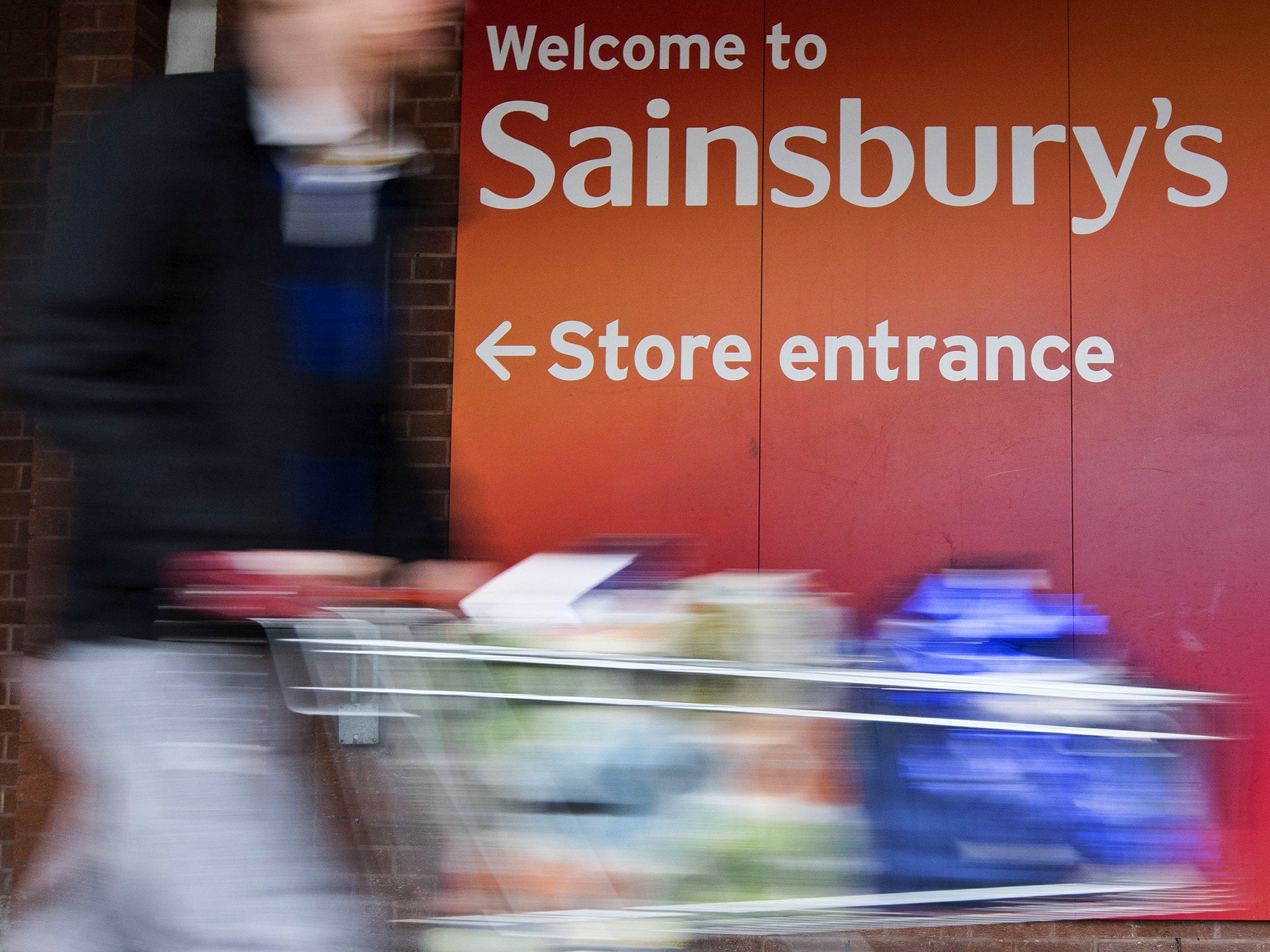Authorities are right to investigate the proposed Sainsbury's and Asda merger, for the benefit of the British public
For staff at both supermarket chains, news of the talks will create a great deal of anxiety. Between them, the firms employ close to 350,000 individuals

The proposed merger of two of Britain’s best known businesses, Sainsbury’s and Asda, appears to have caught many analysts off guard. Certainly the potential consequences of such a deal are significant.
As the second and third biggest grocery retailers in the UK, the firms already have considerable individual clout. Were a merger to go ahead, the new company would overtake Tesco as Britain’s largest supermarket chain. From that perspective, joining forces makes clear and obvious sense.
Such a move would also enable efficiencies to be made on a substantial scale, especially with regard to the kind of back office operations that customers are rarely aware of.
However, while the business case is on the face of it attractive, questions have already been raised about whether economies of scale would be sufficient justification for overcoming the undoubted difficulties posed by bringing together two firms that have very different histories and markets.
Asda is hardly without a decent heritage, having been founded in the mid-1960s. Its initial stronghold was in the north of England, before expansion brought new stores to the south in the 1970s and 80s. It became a subsidiary of Walmart in 1999 but its HQ remains in Leeds.
Sainsbury’s, on the other hand, was founded nearly 150 years ago in London and for most of the second half of the 20th century was the dominant force among British grocers, especially in the south. A decline in fortunes saw it fall behind Tesco – and, for a period, Asda – although the last decade has seen something of a renaissance.
Generalisations about different grocers' target markets can easily be overdone, but it is true in broad terms that Asda has tended to target its offer towards younger, less affluent customers, compared to Sainsbury’s. That alone suggests that a merged outfit would have some serious thinking to do about how it intended to position itself in the market – which explains why initial reports indicate that the two separate brands would be retained under a single corporate umbrella.
Of course, it is primarily the success of low-cost retailers Aldi and Lidl which has encouraged these merger talks. Profits at both Asda and Sainsbury’s have been severely dented by the rise here of their German competitors. Nevertheless, it remains unclear how a new, merged company would face up to existing challenges any differently to the way either has individually in recent years.
Efficiencies will make a short-term difference but do not provide any long-lasting answers. Indeed, in the longer run, the move makes more sense as a means to taking on Tesco than dealing with lower-cost rivals.
For staff at both Asda and Sainsbury’s, news of the talks will create a great deal of anxiety. Between them, the firms employ close to 350,000 people. The development of self-check ut capabilities has already put the future of many in-store staff in peril. A full merger between these major retailers would almost certainly see a great many more (thousands perhaps) placed at risk of redundancy, especially if the overall number of stores operated by the companies is reduced.
Aside from the concerns of those whose livelihood may be placed on the line by a merger, customers may also wonder how their interests would be served by a union between Asda and Sainsbury’s. Even accounting for the recent arrival of Lidl and Aldi as relatively sizeable players in the UK’s grocery sector, it remains dominated by the big four (Morrison’s is the fourth largest chain). If that becomes a big three, it seems inevitable that choice will suffer.
Moreover, the dilution of competition in the sector may well force up prices, with supermarkets having less imperative to entice punters in with endless special offers. In towns where Asda and Sainsbury’s are currently the main players, a merger would prove especially bad news for the public.
Suppliers may also feel squeezed in the face of an even bigger buying force, and with fewer potential clients. That would be unfortunate too: more jobs at risk, and – again – less choice for customers.
All in all, it is no wonder that there is pressure on the Competitions and Markets Authority to launch an investigation into the prospective deal. It would be wise to do so: and not simply as a means to provide window dressing for a move that may not be in the best interests of the British public.


Join our commenting forum
Join thought-provoking conversations, follow other Independent readers and see their replies